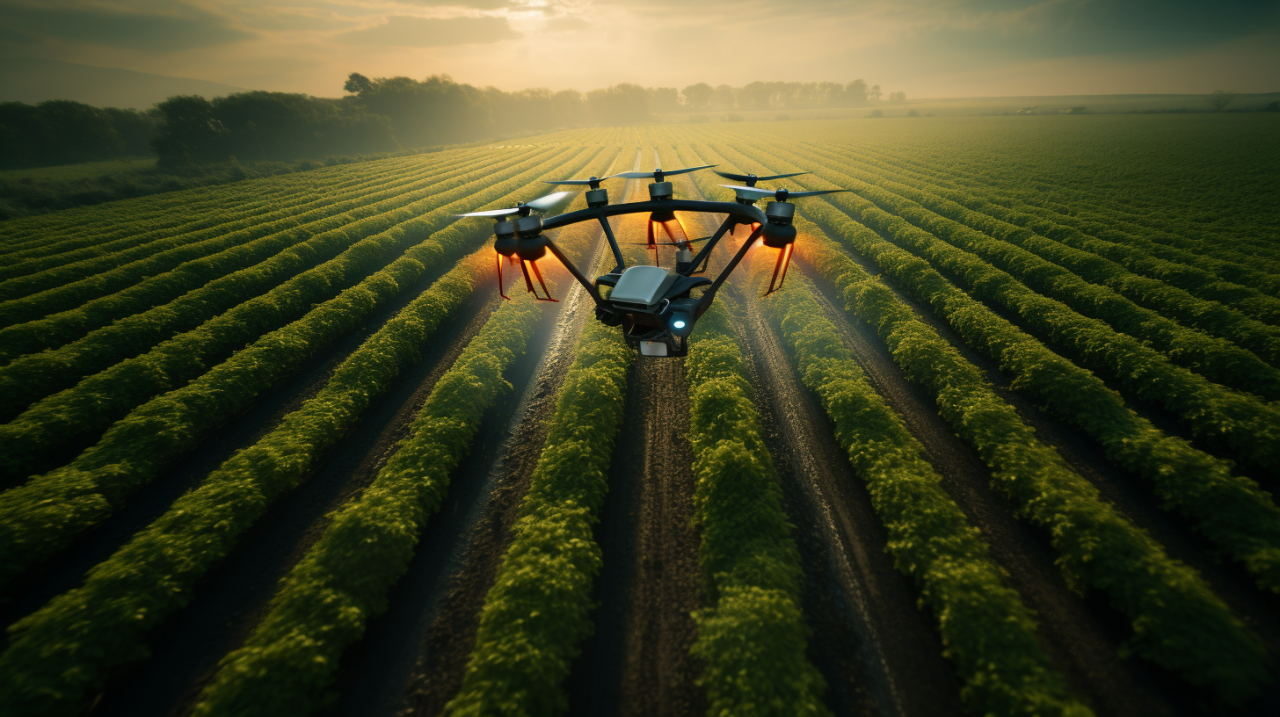
1: Introduction to Sustainable Agriculture
Sustainable agriculture embodies a holistic approach to farming that aims to meet present-day food production needs without compromising the ability of future generations to meet their own needs. This topic provides an overview of sustainable agriculture in the context of the cyber era, emphasizing the importance of adopting environmentally friendly practices and leveraging cyber tools to achieve long-term agricultural viability. From soil conservation and water management to biodiversity preservation and renewable energy adoption, sustainable agriculture encompasses a wide range of practices that prioritize ecological health, social equity, and economic viability. By embracing sustainable agriculture in the cyber era, farmers can contribute to global efforts to mitigate climate change, conserve natural resources, and promote food security for all.
2: Cyber Technologies for Environmental Monitoring
Environmental monitoring is essential for assessing the health and sustainability of agricultural systems, and cyber technologies play a crucial role in this process. This topic explores how cyber technologies such as IoT sensors, satellite imagery, and drones can be used to monitor key environmental parameters such as soil moisture, temperature, and nutrient levels. By collecting real-time data on environmental conditions, farmers can make informed decisions that optimize resource use, reduce environmental impact, and enhance the resilience of their farming operations. Moreover, understanding how to integrate and analyze environmental data is essential for farmers looking to implement sustainable agriculture practices in the cyber era.
3: Precision Farming for Resource Efficiency
Precision farming techniques enable farmers to optimize resource use and minimize waste, thereby promoting sustainability in agriculture. This topic delves into how cyber technologies such as GPS guidance systems, variable rate technology, and remote sensing can be used to implement precision farming practices. By precisely targeting inputs such as water, fertilizers, and pesticides, farmers can maximize yields while minimizing environmental impact. Moreover, understanding how to analyze data from precision farming technologies and apply it to decision-making processes is essential for farmers looking to achieve resource efficiency and sustainability in their operations.
4: Sustainable Supply Chain Management
Sustainable agriculture extends beyond the farm gate to encompass the entire supply chain, from production and processing to distribution and consumption. This topic explores how cyber technologies can be used to promote sustainability throughout the agricultural supply chain. From blockchain for supply chain transparency to IoT sensors for cold chain management, cyber tools offer opportunities to track and trace agricultural products, reduce food waste, and ensure ethical sourcing practices. By embracing sustainable supply chain management in the cyber era, farmers can enhance the sustainability credentials of their products and meet the growing demand for responsibly-produced food.
5: Renewable Energy Solutions for Agriculture
Renewable energy plays a key role in promoting sustainability in agriculture by reducing greenhouse gas emissions and dependence on fossil fuels. This topic examines how cyber technologies such as solar panels, wind turbines, and bioenergy systems can be used to generate renewable energy on farms. By harnessing the power of renewable energy, farmers can reduce their carbon footprint, lower operating costs, and enhance the resilience of their operations to climate change. Moreover, understanding how to integrate and manage renewable energy systems is essential for farmers looking to embrace sustainable agriculture practices in the cyber era.
6: Policy and Regulation in Sustainable Agriculture
Policy and regulation play a crucial role in shaping the adoption of sustainable agriculture practices, and cyber technologies can facilitate compliance and accountability. This topic explores how governments, industry stakeholders, and agricultural organizations can use cyber tools such as data analytics and blockchain to monitor and enforce sustainability standards. By establishing clear policies and regulations that incentivize sustainable agriculture practices, policymakers can create an enabling environment for farmers to embrace sustainability in their operations. Moreover, understanding the regulatory landscape and staying informed about emerging trends in sustainable agriculture policy is essential for farmers looking to navigate the complexities of the cyber era.

